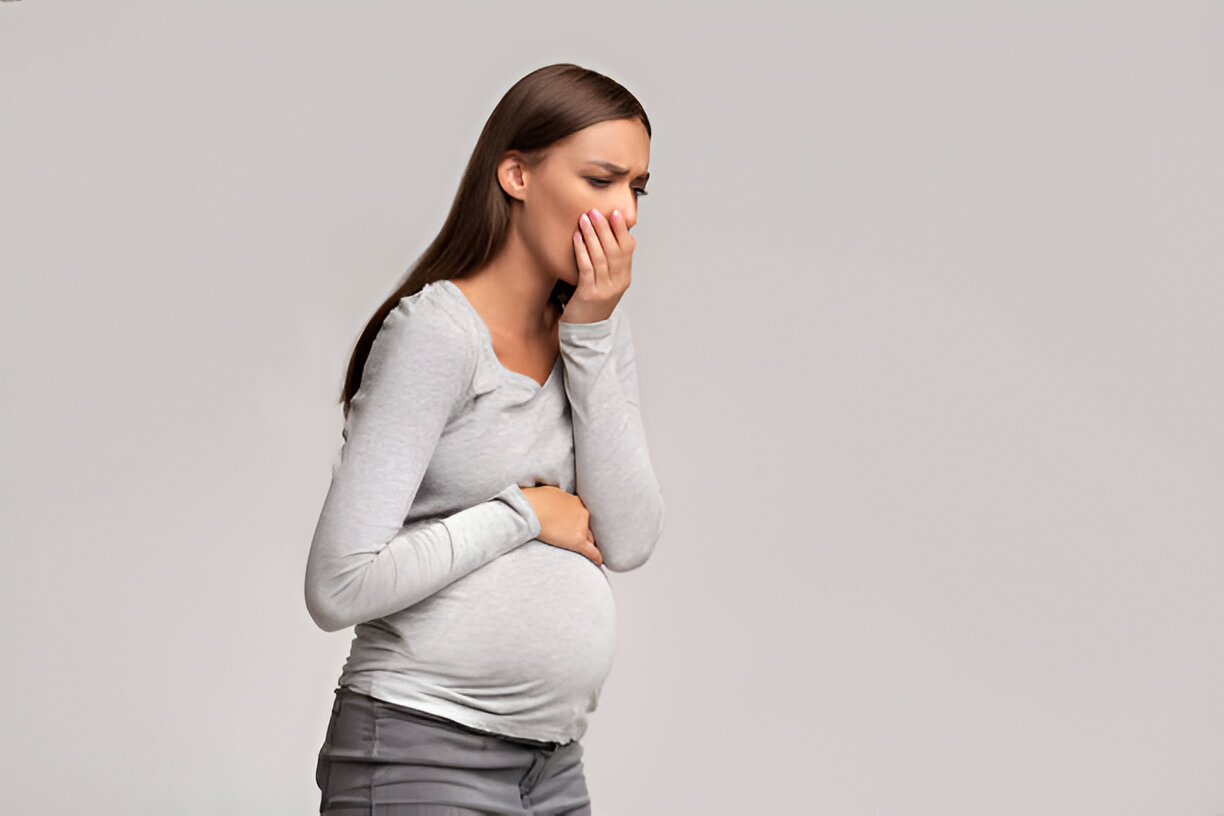It’s one of the great parenting moments you’ve been waiting for — when your baby starts laughing. And once you hear your little one’s laugh for the first time, you won’t be able to get enough of the sound, whether it’s a chortle, chuckle or full-belly giggle.
Your baby has been experimenting with sounds from her first month, cooing, gurgling and making throaty sighs.[1] Laughter is the next (hilarious) step in learning to communicate.
When do babies laugh?
Many babies start to chuckle for the first time around the 4-month mark, according to the Centers for Disease Control and Prevention Opens a new window(CDC), although others might take a little longer.[2] Your baby will likely share her true laugh with you by the time she’s 6 months old.[3]
Your baby’s first laugh might be inspired by something as simple as seeing a favorite toy, pet or person (that would be you!). While these early laughs and giggles are delightful to hear, they’re also rewarding for your baby — she loves hearing her own voice and seeing how you react to the sounds she makes.
Once she’s discovered how to laugh out loud, your baby may giggle “just because” — laughing feels good, after all, and it’s such a fun new sound to make.
Plus, with each coo and goo she’s learning and practicing how to move her mouth and tongue to produce different sound effects.
How to make your baby laugh
Before you launch your stand-up routine, make sure your sweetie is prepared to be a good audience. Babies who are fed, rested and alert are most likely to be ready for comedy hour.
While baby may not have your sense of humor just yet, she does pick up on your comical cues. When your sweetie sees you smiling and laughing, she’s more likely to reciprocate.






